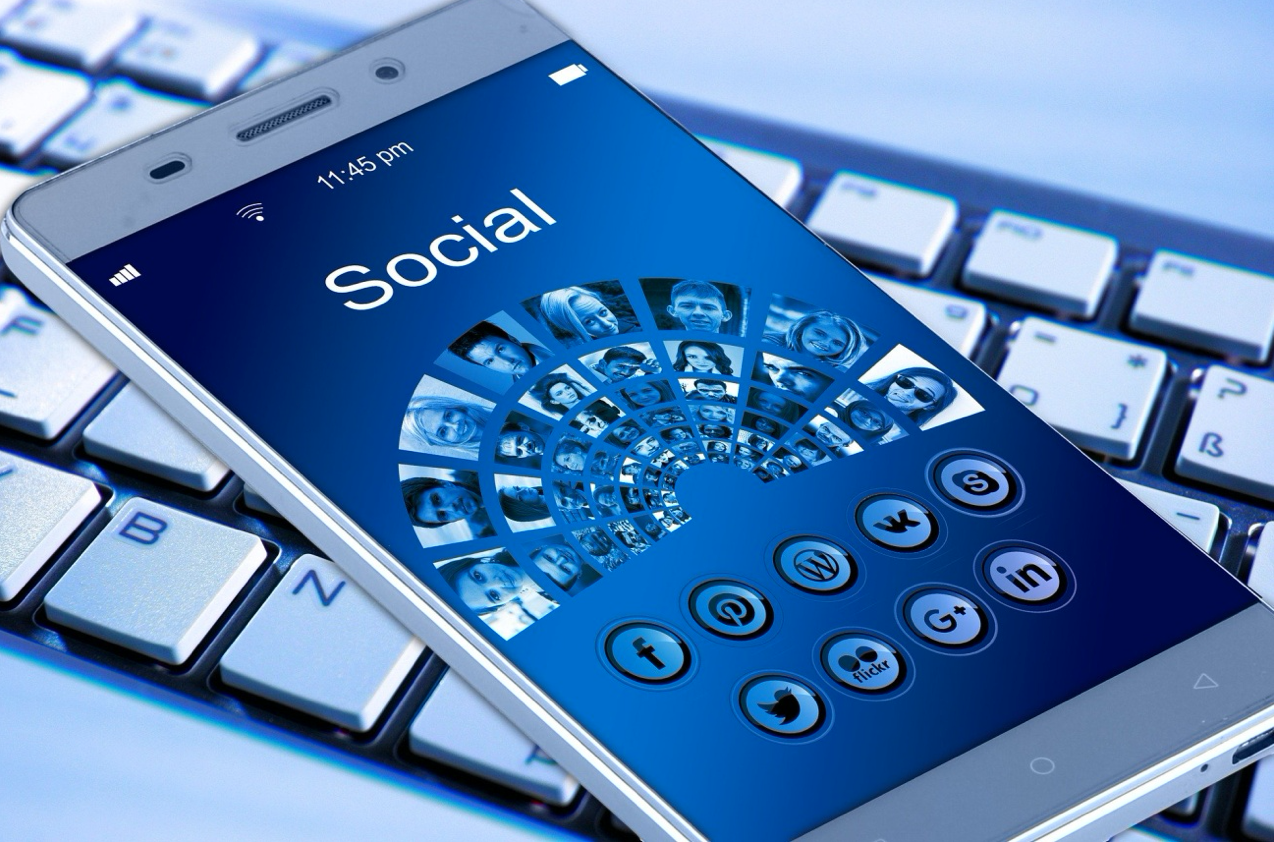If you let your people engage in social media while on the clock, you’ll enjoy a better work product and generally better individual performance levels.
Most employers think of social media as a massive distraction that could potentially torpedo employees’ productivity levels.
In fact, 50 percent of US companies put a brick wall between social media sites and employees to avoid them tweeting inappropriate memes and Instagramming lunches for that very reason.
Problem?
Even with a robust social media policy in place, 77 percent of workers will still use social media while on the clock.
So—
Instead of trying to curb social media use in the workplace, perhaps, it’s best to embrace it and enjoy the plentiful perks that come with it.
Keep scrolling to see what those are.
Improves Employees’ Productivity
As counterintuitive as it might sound, if you allow social media at work, it can enhance employee productivity levels.
How come?!
There are several reasons for it.
First, we’re all human beings, and we can’t work for eight consecutive hours without taking a break.
Using social media in short bursts—even if it’s to scroll through Instagram feeds or check Facebook memes—helps staffers take a mental break and recharge their batteries.
Second, based on Psychology Today’s recent findings, social media breaks help avoid decision fatigue that wears down employees’ willpower and reasoning.
As a result, when allowed to use social media at work, employees grow a whopping nine percent more productive.
Keeps Employees Engaged and Glowing
When it comes to employee engagement, that’s where most companies struggle. In fact, if you look at hard numbers, only 33 percent of US employees are engaged at work.
But—
Allow social media use at work and you’ll noticeably enhance company-wide morale and improve the way employees feel and work.

How?
First, social media sites help workers stay abreast of the industry and learn about trends. That ultimately enables them to create more value for your organization, and as a result, feel more satisfied.
Second, when allowed to leverage social media sites at work, employees can connect with thought leaders or generally people in similar functions.
That yields a plethora of engagement opportunities ranging from knowledge transfer to brainstorming.
Helps Tackle Work-Related Issues
You might be surprised, but many employees (at least 24 percent) use social media sites to get information that helps them solve work-related problems.
In this case, they’ll log in to LinkedIn and/or Twitter—over Reddit or Instagram—to ask questions (outside or inside their organizations) and crowdsource opinions.
Does it actually work?
The proof is in the numbers:
According to the Pew Research Center, nearly 56 percent of US employees claim social media helps improve performance within their roles.
Another 60 percent argue that social media at work improves decision-making processes thanks to plentiful collaboration opportunities social network sites provide.
So—
If you let your people engage in social media while on the clock, you’ll enjoy a better work product and generally better individual performance levels.
Strengthens Professional Relations
We all know that at the heart of every organization are people and the magic they create when they work seamlessly together.
That’s why companies spend nearly $260,000 on team building activities and the like to up teams’ cohesiveness.
Well—
If you permit social media at work, your employees will gel much better together.
In fact, as many as 17 percent of US workers use social media sites like Facebook to get to know someone they work with and another 17 percent claim social networks help reinforce their work relationships.
That’s because social media sites are the ultimate venue that allows for idea-sharing, encourages cross-team communication, and creates a robust sense of community.
So—What Do You Think?
There you have it. A whopping four eye-popping benefits of letting staffers use social media sites while on the clock.
Now—
What’s your organization’s take on social media? Do you have a robust social media policy that bans or regulates social media usage?
Let me know in the comments. I’d love to chat!


Join the conversation!